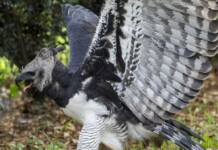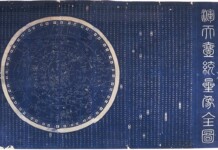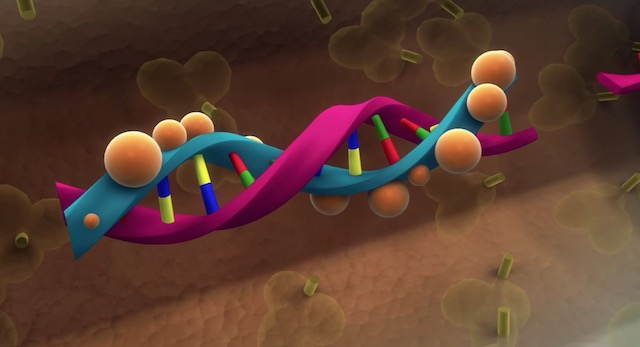An experimental Ebola drug shows promise for fighting the disease after it cured monkeys that were already sick with fever from the virus. The three animals received the drug and showed no signs of the disease after 28 days.
So far, there is no working vaccine or cure for the virus, but after the promising results with monkeys, human trials are planned for later this year.
“This is the first study to show post-exposure protection… against the new Makona outbreak strain of Ebola-Zaire virus,” said University of Texas scientist Thomas Geisbert, who was the senior author of the study published in the journal Nature.
The drug, called TKM-Ebola-Guinea, works by blocking genes to keep the disease from reproducing and spreading through the body. It targets three genes of Ebola responsible for replication using something called siRNA — or “small interfering RNA.” It does exactly what its name suggests, latching onto the viral strand of Ebola, and slicing it into harmless pieces unable to reproduce the virus.
The drug specifically targets the Makona strain of the virus responsible for the recent outbreak in West Africa, but its manufacturer, Tekmira Pharmaceuticals, says the drug can be adapted for any strain of Ebola and can be manufactured in as little as eight weeks.
This, along with a drug made from tobacco plants called ZMapp and another drug named brincidofovir, which are also going through tests, show promise of better treatments for the disease. Further, several vaccines are currently being tested in Guinea, Liberia and Sierra Leone to actually prevent the disease.
(WATCH an animation below or READ more from BBC) – Photo courtesy of TKM
Story tip from Larisa White




















